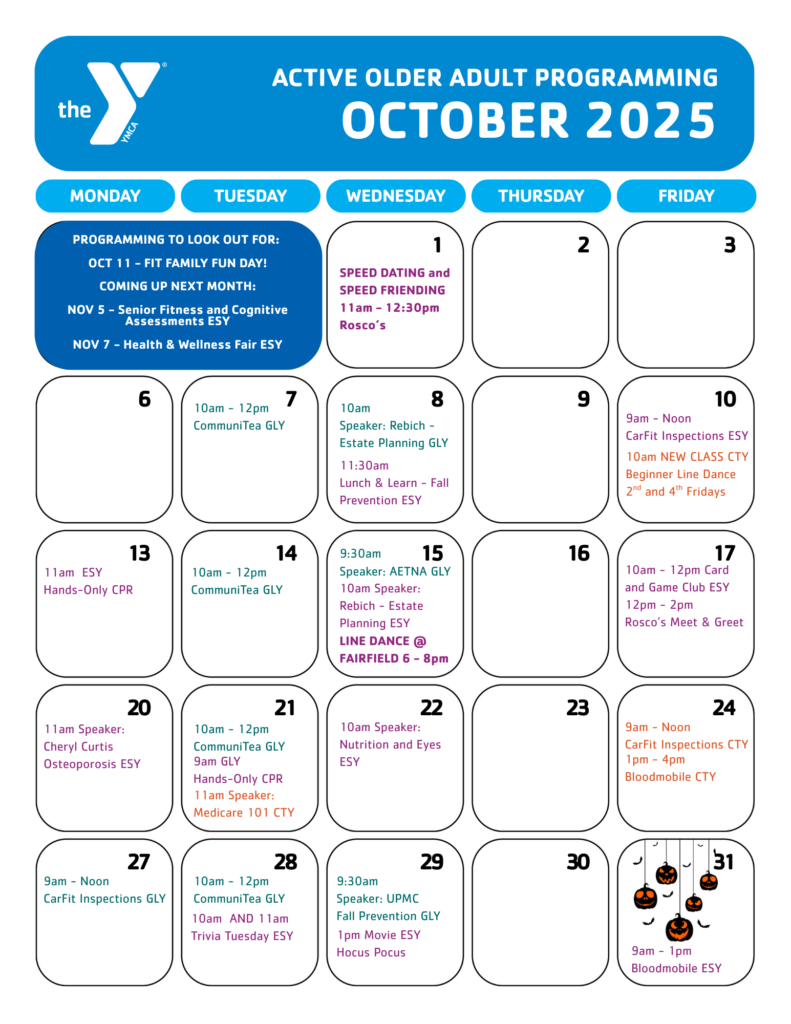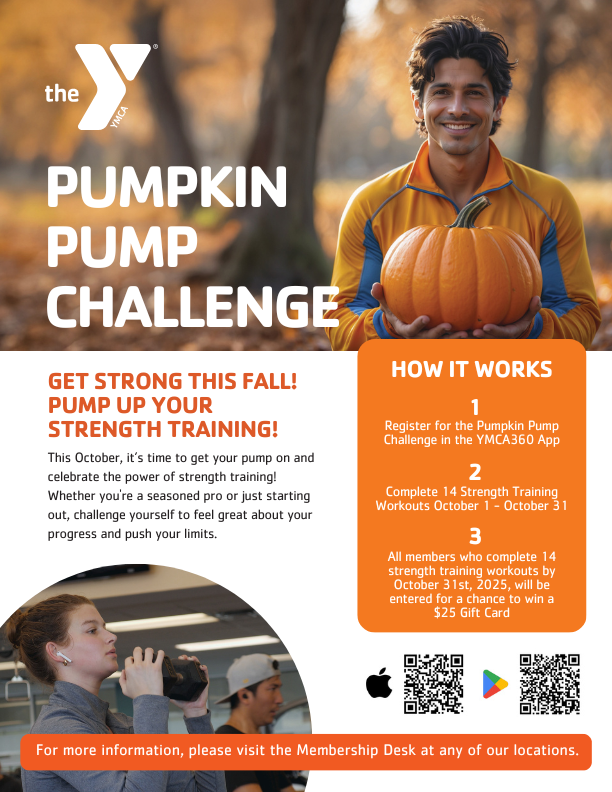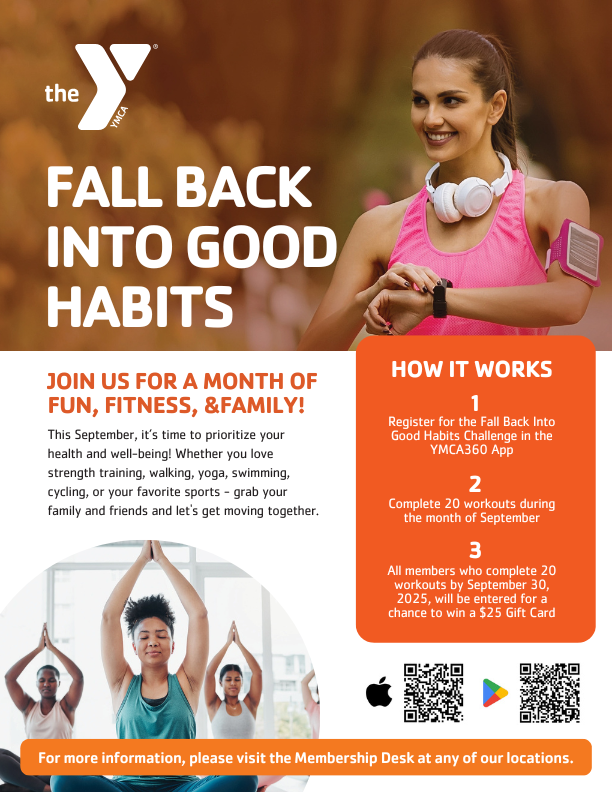Outdoor Pool at the Eastside YMCA
Thank you to everyone who came out to the recent Town Hall meetings to discuss the outdoor pool at the Eastside YMCA. Our team was grateful for your questions and feedback. If you were unable to join us but would like to review the presentation, you can find it here.
Our team has met to review notes and define next steps. In the coming weeks, several things will be taking shape:
- CEO Jim McEldowney will begin the process of researching a consulting firm that will engage the community to help determine the needs and best use of the existing space. Our goal is to make the facility a lively, useful space that best serves our community in a financially responsible way. We do not have any pre-determined agendas on what this might be – the long-term vision will truly be driven by public insight. He is also in the final stages of resolving the ownership issue of the pool and three parcels of property at the entry to the Eastside YMCA.
- Our team received many messages from people interested in volunteering on a project committee. If you were not present at the meetings but would like to contribute, please reach out to Kelly Gibson, Executive Director at the Eastside YMCA, at [email protected]. We will be outlining subcommittees soon, and sharing opportunities to get involved.
Lastly, as Jim shared in the meetings, the outdoor pool will not open this summer. We understand this is disappointing, but our team is looking at offering alternative ideas that may be of interest to our members and community. Please take this short survey to share ways we can make the Y meaningful to you this summer!
In the meantime, please know that our property team will maintain the outdoor pool area to prevent further disrepair, and so that if the ultimate solution is a pool, we will be prepared to move forward.
We will continue to share updates. Thank you again for being a key part of this next chapter for the YMCA of Greater Erie.
![[YMCA of Greater Erie LOGO SQ]](https://recliquecore.s3.amazonaws.com/imgs/ymca_logos/named_y/aqua_blue.png)
![[YMCA of Greater Erie LOGO FULL]](https://s3.amazonaws.com/recliquecore/imgs/ymca_logos/named/aqua_blue.png)






